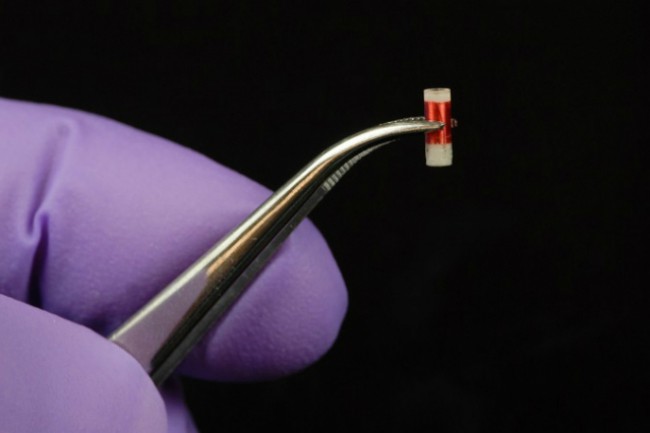A
A
A
San serif
Serif

Michael Cima had the idea to develop a programmable, wirelessly-controlled microchip that would deliver drugs after implantation in a patient’s body. Now, the MIT researchers, and scientists from MicroCHIPS Inc., have successfully used such a chip to administer daily doses of an osteoporosis drug normally given by injection.
“You could literally have a pharmacy on a chip,” says Langer, the David H. Koch Institute Professor at MIT. “You can do remote control delivery, you can do pulsatile drug delivery, and you can deliver multiple drugs.”
These programmable chips could dramatically change treatment not only for osteoporosis, but also for many other diseases, including cancer and multiple sclerosis.